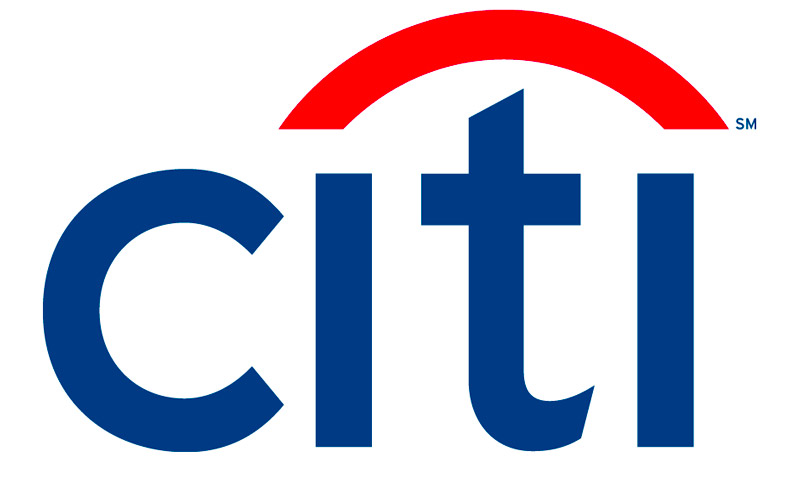|
$10M State Program Generates Over $166M in Investment 12/13/2017 The accomplishments of a program from the State of New Jersey that brings innovation to distressed communities was celebrated by community developers, elected officials and investors this week. The Neighborhood Revitalization Tax Credit (NRTC) program provides a total of $10 million annually in tax credits to revitalize eligible low- and moderate- income neighborhoods. “NRTC is one of the biggest public-private partnership success stories fostered by our sector,” said Staci Berger, president and chief executive officer of the Housing and Community Development Network of NJ (the Network). “Investments in the program have helped strengthen neighborhoods and our economy by creating jobs and affordable homes on top of generating millions of dollars in local tax revenues. Aside from the financial benefit, NRTC has improved the lives both directly and indirectly of countless NJ residents.” In 2002, NRTC was designed by the Network and authorized by the NJ Legislature and is now administered by the state Department of Community Affairs (DCA). The program offers business entities who invest in distressed communities a 100 percent tax credit against various state taxes. Since the program’s inception, $98 million has been invested by 43 business entities such as Horizon Healthcare, PSE&G, and PNC Bank into 53 completed projects. “The NRTC program provides NJ corporations with an opportunity to invest directly into community-driven projects all while deepening relationships with nonprofit organizations that know the neighborhoods best,” said Alle Ries, vice president, New Jersey Community Reinvestment Act officer, M&T Bank. The Network reviewed NRTC participant surveys and individual grant reports to DCA and found that organizations receiving NRTC investment were able to leverage over $166 million in additional public and private investment for their projects. As a result, $3.9 million in property taxes had been generated as a result of rehabilitation and construction of properties. This includes 167 vacant and abandoned properties being put back on the local tax rolls as well as the development of 470,798 square feet of commercial space. NRTC funding has also helped create nine urban farms, seven schools, 49 gardens/parks, and served 3,392 youths. More information on the Neighborhood Revitalization Tax Credit program is available at www.hcdnnj.org/nrtc. For more information: Nina Arce |













